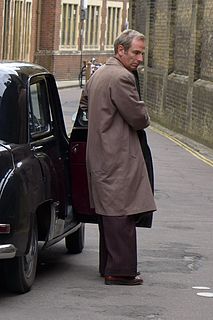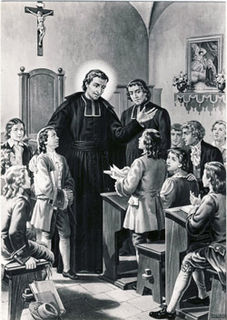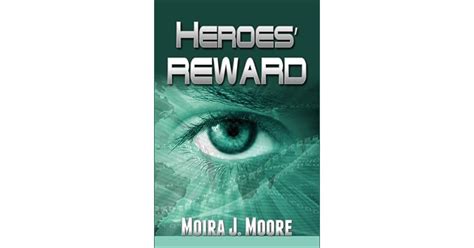A Quote by Irving Stone
Strange story about Degas. He hated women, didn't want to be with them. Yet he spent much of his life painting them. He had seen his father maltreat his mother, must have had a deep fear that he'd do the same thing.
Related Quotes
When Christ was about to leave the world, He made His will. His soul He committed to His father; His body He bequeathed to Joseph to be decently interred; His clothes fell to the soldiers; His mother He left to the care of John; but what should He leave to His poor disciples that had left all for Him? Silver and gold He had none; but He left them that which was infinitely better, His peace.
My father had a real short fuse. He had a tough life - had to support his mother and brother at a very young age when his dad's farm collapsed. You could see his suffering, his terrible suffering, living a life that was disappointing and looking for another one. My father was full of terrifying anger.
Here's a strange fact: murder a man, and you feel responsible for his life - ''possessive'', even. You know more about him than his father and mother; they knew his fetus, but you know his corpse. Only you can complete the story of his life, only you know why his body has to be pushed into the fire before its time, and why his toes curl up and fight for another hour on earth.
There were times when it appeared to Dorian Gray that the whole of history was merely the record of his own life, not as he had lived it in act and circumstand, but as his imagination had created it for him, as it had been in his brain and in his passions. He felt that he had known them all, those strange terrible figures that had passed across the stage of the world and made sin so marvellous, and evil so full of subtlety. It seemed to him that in some mysterious way their lives had been his own.
Fathers have a special excitement about them that babies find intriguing. At this time in his life an infant counts on his motherfor rootedness and anchoring. He can count on his father to be just different enough from a mother. Fathers embody a delicious mixture of familiarity and novelty. They are novel without being strange or frightening.
He was about to go home, about to return to the place where he had had a family. It was in Godric’s Hollow that, but for Voldemort, he would have grown up and spent every school holiday. He could have invited friends to his house. . . . He might even have had brothers and sisters. . . . It would have been his mother who had made his seventeenth birthday cake. The life he had lost had hardly ever seemed so real to him as at this moment, when he knew he was about to see the place where it had been taken from him.
The ocean was one of the greatest things he had ever seen in his life—bigger and deeper than anything he had imagined. It changed its color and shape and expression according to time and place and weather. It aroused a deep sadness in his heart, and at the same time it brought his heart peace and comfort.
As in the natural life a child must have a father and a mother, so in the supernatural life of grace a true child of the Church must have God for his Father and Mary for his mother. If he prides himself on having God for his Father but does not give to Mary the tender affection of a true child, he is an impostor and his father is the devil.
Men are confused. They're conflicted. They want a woman who's their intellectual equal, but they're afraid of women like that. They want a woman they can dominate, but then they hate her for being weak. It's an ambivalence that goes back to a man's relationship with his mother. Source of his life, center of his universe, object of both his fear and his love.
Taro came into the room, strands of hair flying free of the tie at the back of his skull, sweat plastering his cream-colored shirt against his chest and back. I wished I had an artist's skill, that I could make renderings of him in all his states of beauty. He would never want to look at them, or even know about them. I would just like them for myself. Maybe he would want to see them when he was much older, and beautiful in a different way.
His mother called such people ignorant and superstitious, but his father only shook his head slowly and puffed his pipe and said that sometimes old stories had a grain or two of truth in them and it was best not to take chances. It was why, he said, he crossed himself whenever a black cat crossed his path.





































